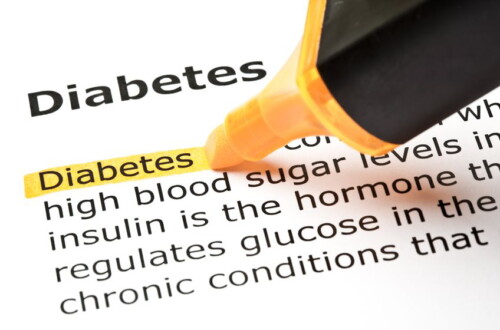A • B • C • D • E • F • G • H • I • J • K
L • M • N • O • P • Q • R • S • T
U • V • W • X • Y • Z
Medical Tests
Definitions
Edema: Swelling caused by excess fluid in the body. Edema is commonly seen in patients with kidney damage from uncontrolled diabetes. It may also occur in people with insulin resistance.
Electromyography(EMG): A test used to detect nerve function. It measures the electrical activity generated by muscles.
EMG: See electromyograph (above)
Endocrine Gland: A group of specialized cells that release hormones into the blood. For example, the islets in the pancreas, which which secrete insulin, are endocrine glands.
Endocrinologist: A doctor who treats people who have endocrine gland problems such as diabetes.
End-Stage Renal Disease (ESRD): Also, see kidney failure.
Enzyme: Protein made by the body that brings about a chemical reaction, for example, the enzymes produced by the gut to aid digestion.
Erectile Dysfunction: See impotence.
Euglycemia: A normal level of glucose (sugar) in the blood.
Exchange Lists: One of several approaches for diabetes meal planning. Foods are categorized into three groups based on their nutritional content. Lists provide the serving sizes for carbohydrates, meat and meat alternatives, and fats. These lists allow for substitution for different groups to keep the nutritional content fixed.
How is pre-diabetes diagnosed?
A simple blood test that can often be done in your doctor’s office can tell you whether or not you have pre-diabetes. Â If you are over age 40 ask your doctor to screen you for pre-diabetes.



